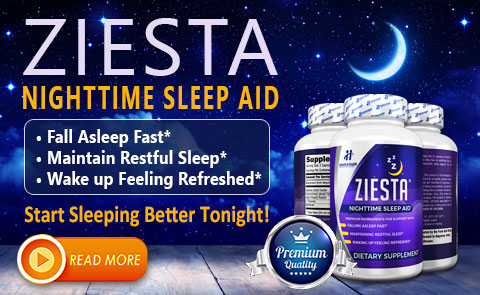If you suffer from hypertension, both your quality of life and your overall health can be placed in danger. But how do you know where you stand when it comes to high blood pressure risks? Are you facing many of them or only a few? Are you doing enough for your own wellbeing.
Many people are surprised to discover how many high blood pressure risks there are and how serious the condition actually is. That said, it’s far better to know about them sooner rather than later, as leaving hypertension undetected or uncontrolled can only make the situation worse.
Consider some of the top high blood pressure risks and why it’s very important to have the condition diagnosed and treated:
• Heart attack – The longer you suffer from hypertension, the more time it has to cause damage to the arteries. This damage can lead to blockages that stop blood from being able to properly circulate through the heart. The result can be a heart attack.
• Heart failure – As the arteries suffer damage and blockages, the heart is required to work harder than it normally would. This can cause the heart to become inflamed, enlarging and then fail outright. When it fails, this means it is no longer capable of supplying adequate blood to the body.
• Angina – When high blood pressure is allowed to cause damage over time, micro-vascular disease can occur. A common symptom of this illness is angina, otherwise known as chest pain.
• Artherosclerosis – Peripheral artery disease (PAD) such as artherosclerosis can occur as the arteries in the head, stomach, arms and legs narrow down. The most common symptom is pain and fatigue.
• Stroke – The damage caused by hypertension can lead to clogged or even burst blood vessels. If this happens in the brain, the outcome is a stroke.
• Renal disease or failure – When the arteries are damaged around the kidneys, it can reduce or even remove the ability of those organs to do their job, which is to filter the blood.
• Vision loss – When blood vessels in the eyes are strained or damaged, it can lead to vision loss
• Sexual dysfunction – Both men and women can experience sexual dysfunction from ongoing hypertension. This usually results in reduced libido among women and erectile dysfunction among men.
One of the best ways to reduce blood pressure if you’re overweight or obese is to aim to achieve a normal BMI. Speak with your doctor about the right diet pills to incorporate into your healthy lifestyle strategy.




















